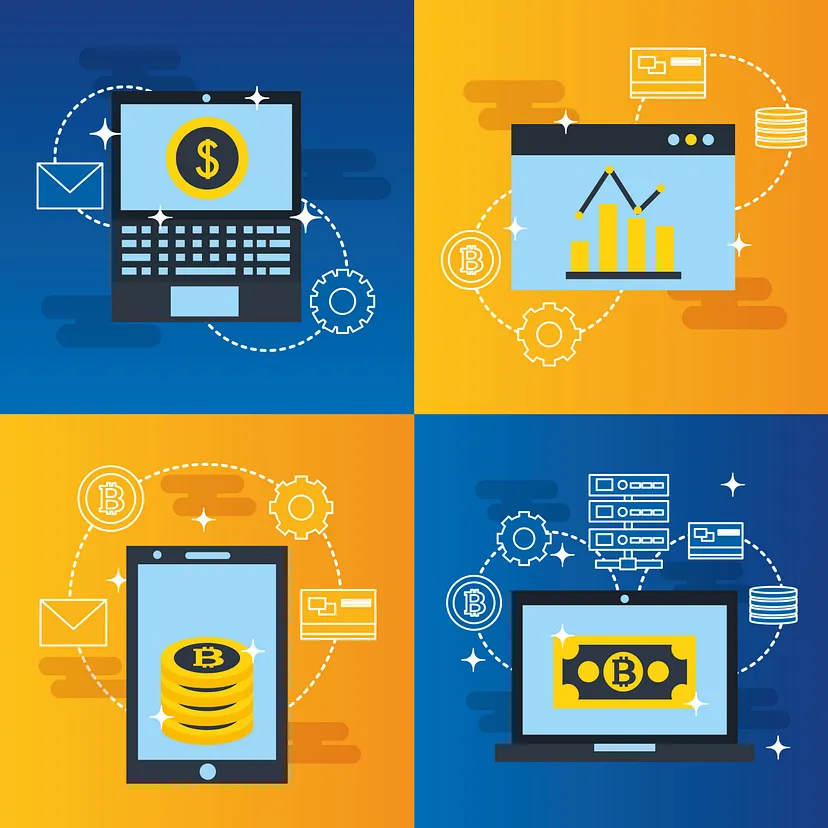Fintech is certainly a term that is no longer unfamiliar to those who have closely followed the financial industry in recent years. When you use PayPal, Apple Pay, Google Wallet or simply a credit card to make online purchases, you – the consumer – with the e-commerce retailers and the banks behind the exchange of money using FinTech technology. So what exactly is Fintech?
What is Fintech?
Fintech is an abbreviation for the word Financial Technology (technology in finance) Commonly used by all companies using the internet, smartphones, cloud computing technology and open source software to improve the efficiency of banking and investment activities.
Fintech is a financial technology that describes an emerging field of financial services in the 21st century. The term was originally applied to the data storage technology of commercial and consumer financial institutions. use. Since the end of the first decade of the 21st century, the term has expanded to include any technological innovation in the financial sector, including improvements in finance and education, banking services Mobile, investment services, retail banking and even cryptocurrencies like bitcoin.
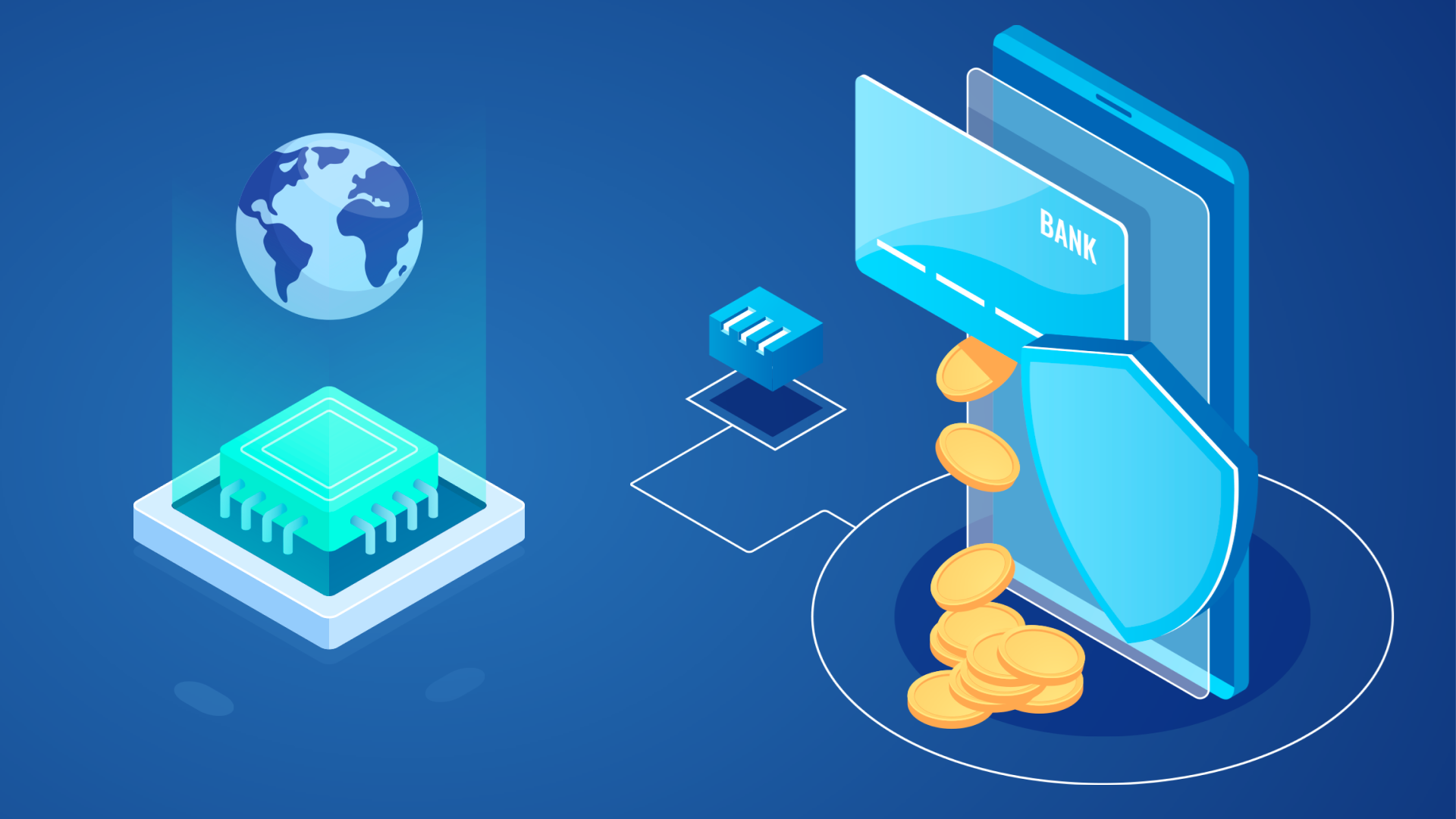
The term financial technology can apply to any innovation in the way people transact business, from the invention of digital currency to double-entry bookkeeping. However, since the internet revolution and the smartphone revolution, Fintech has developed explosively. According to EY’s Adoption Index, one-third of consumers use at least two or more fintech services, and these consumers are also increasingly aware of fintech as an essential part of their lives.
What is the Fintech Ecosystem?
Fintech ecosystem is simply the name for the environment for fintech to develop. Currently, in Vietnam there also exists a fintech ecosystem and it is based on three factors:
- Market accessibility
- Legal support
- Capital competitiveness
And the Fintech ecosystem in the market will focus on areas such as:
- Payment intermediary
- Personal Finance
- Bank loans
- Insurance technology
- Digital Bank
- Credit score
- Crowdfunding
Fintech Target Groups
Normally, in a basic financial market there will be two subjects including: financial institutions and customers. However, with Fintech, there will be 3 target groups, these groups will maintain relationships and interact with each other. Specifically, Fintech’s target groups include:
- Fintech Companies: This group includes companies specializing in the field of information technology. Although they do not operate in the financial industry, they provide new products and services in this field. Therefore, customers of Fintech companies will be those who use their products or services. These could be financial institutions or end-use customers.
- Financial Institutions: This is the group that plays the most important role, a collection of banks, investments, insurance, securities, financial companies,… In which this is the construction party that has extensive cooperation with Fintech companies. On the one hand, technological factors are increasingly developing and becoming more important. On the other hand, financial institutions are also direct investors in Fintech companies, the purpose of which is to proactively grasp new technologies, thereby being able to dominate the market.
- Client: This is the party that uses financial products and services in general. When new technology is applied and developed, financial institutions and companies constantly have to compete for it to create an advantage. Invisibly, that has helped customers become the biggest beneficiaries.
Fintech’s main product group
Fintech’s main products are divided into two different main groups, this division is based on the intended users. Specifically, Fintech’s two main product groups include:
- Group 1: This is a consumer group, so products will include digital tools and other technology. The purpose of this product group is to support and improve borrowing activities, money management, and Startup financing of individuals.
- 2nd group: This product group is aimed at financial institutions and Fintech companies themselves. That’s why this is a “back-office” technology product group, aimed at supporting the activities of the above two target groups.
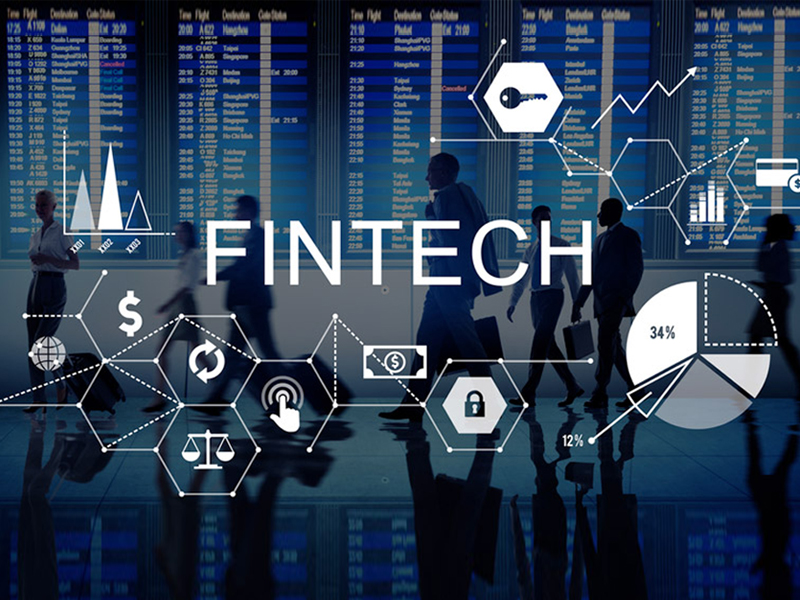
2 main product groups of Fintech
The Role of Fintech
When the 4.0 revolution broke out, Fintech was one of the successful signals of this event. Thanks to the development of technology, Fintech has brought us new, more convenient and more advanced utilities. What Fintech brings helps confirm the importance that technology can bring. So what is the role of Fintech, especially in the era of the 4.0 revolution? Examples include:
- High Technology Application: With advanced technologies such as AI or Big data, it can help analyze customer habits and behavior. From there, both reducing costs for businesses and achieving high efficiency.
- Changing the Labor Market: The demand for high-quality human resources will increase significantly, requiring that person to be good at both financial and information technology expertise.
- Change Traditional Financial Service Channels: Evidence for this is the strong development of service channels via the Internet: Mobile Banking, Internet Banking, Digital Banking,…
Some fields related to Fintech
Fintech has a very broad scope because it is a combination of Banking and Finance and Information Technology, so some major areas of Fintech can include:
- Cryptocurrency (Cryptocurrency)
- Blockchain technology
- Smart contract:
- Ethereum: Another form of Blockchain, the foundation of the virtual currency Ether
- Open banking: Is a concept based on Blockchain and through the fusion of third-party data and algorithms. The purpose is to build network applications that connect financial institutions with third-party providers.
- Insurtech: Abbreviation for insurance technology. Applying technology to provide insurance services, helping to simplify processes and improve efficiency.
- Regtech: Abbreviation for Regulator Technology. This type of technology helps financial services companies accurately comply with industry rules, especially around anti-money laundering and anti-fraud issues.
- Robo-advisors: Use algorithms to provide advice and support to users. This helps them make reasonable key decisions, reducing management costs
- Unbanked/Underbanked: A support service, serving individuals who do not have access to traditional banking services. The reason may be due to difficult circumstances or low income.
- Network security: The continuous rise of hackers and cyber criminals has caused Fintech and Cyber Security to combine together to ensure security in the cyber environment.
3 Tips for implementing Fintech Marketing for businesses
Understanding the nature of Fintech is, because Fintech is exploding in the market, startups in the financial technology industry can become saturated among surrounding competitors. Here are some tried and tested FinTech marketing strategy tips to help you succeed in this direction.
Incorporate the sharing economy into your Marketing campaign
PWC predicts that the sharing or gig economy will be embedded in every part of the financial system by 2025. For example, borrowers will no longer need traditional banks to secure financing. Instead, they will turn to peer-to-peer platforms that directly match the source and users of the loans.

A key reason why the sharing economy has grown (and will continue to grow) at such incredible rates is that it is built on trust and transparency. That’s why FinTech marketers need to apply these lessons to their marketing strategies. In a free economy, word of mouth drives people’s decisions. This means marketers must rely on reviews and recommendations to communicate their marketing to all audiences. You need to build reputation so that customers can find your business and share your business with other friends.
The sharing economy offers incredibly important benefits for FinTech marketers: it enables better collaboration. Now, marketers can rely on peer-to-peer platforms to tap into the right marketing expertise for each campaign. These platforms often run on algorithms that ensure, for example, that campaigns for payment gateways targeting hotels and restaurants are matched with freelancers specializing in that segment.
Understand and distribute CPC
CPC (customized, personalized content) means personalized content. Educating potential users is an effective approach to building your reputation as an expert. If you do this through relevant content, customers will feel like you care about them.
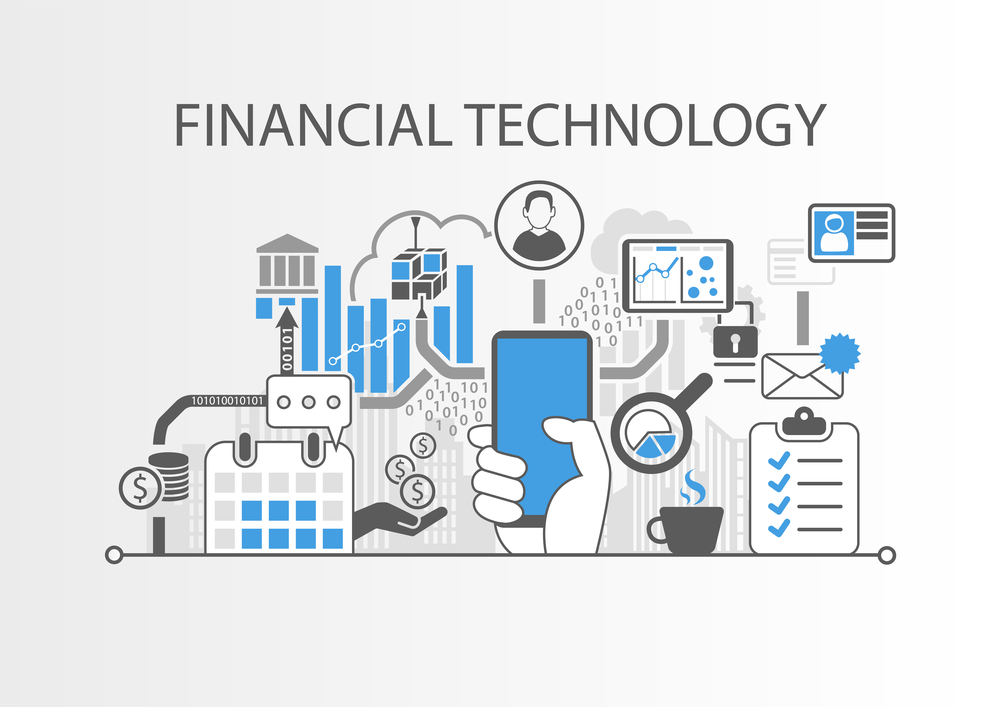
Providing personalized content is not only good for branding but can also bring high revenue to your business. So whether you’re in a B2C or B2B environment (or both), invest in a strong Content Marketing program. Make sure you’ve identified your target audience segments and mapped your business’s Sales funnel. You need to know for sure what content appeals to different segments and what topics resonate with audiences at different points in the buying cycle.
Deploying Digital Marketing Fintech
There is no doubt that FinTech is transforming traditional banking and financial services, especially in the lending and payments sector. But FinTech startups aren’t just moving banking into their core business. They are also beating established companies in Digital Marketing.
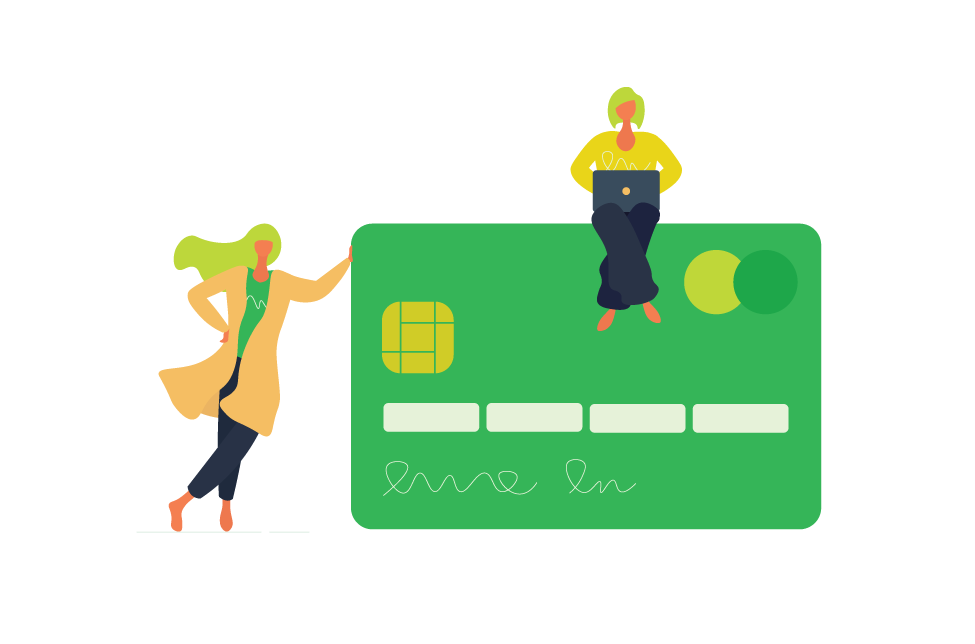
A poll by Carlisle & Gallagher Consulting Group found that 87% of consumers think banks are “annoying, boring, or useless” on Social Media. This is an opportunity for agile startups capable of attracting customers online at little or no cost. You never saw that working in this field could bring you so much success.
Conclude
So above are the shares of MarkKnow to answer the question “What is Financial Technology?”. As well as some ways to develop effective FinTech marketing strategies. FinTech companies need to ensure their marketing strategy. they do not violate any existing laws. FinTech startups are starting to reap the benefits of disrupting an established industry. With the right marketing strategy, an agile FinTech company has can easily achieve double-digit growth and create Understand what Fintech is, use the three important FinTech marketing strategy tips above to help you achieve your desired goals.
Comment Policy: We truly value your comments and appreciate the time you take to share your thoughts and feedback with us.
Note: Comments that are identified as spam or purely promotional will be removed.
To enhance your commenting experience, consider creating a Gravatar account. By adding an avatar and using the same e-mail here, your comments will feature a unique and recognizable avatar, making it easier for other members to identify you.
Please use a valid e-mail address so you can receive notifications when your comments receive replies.
